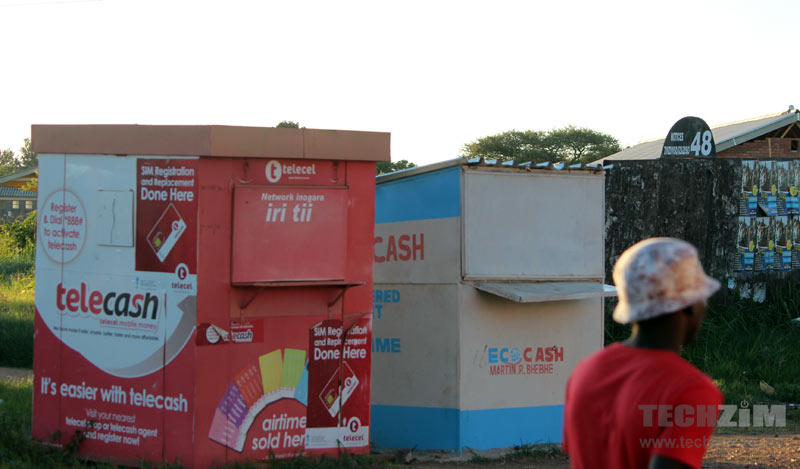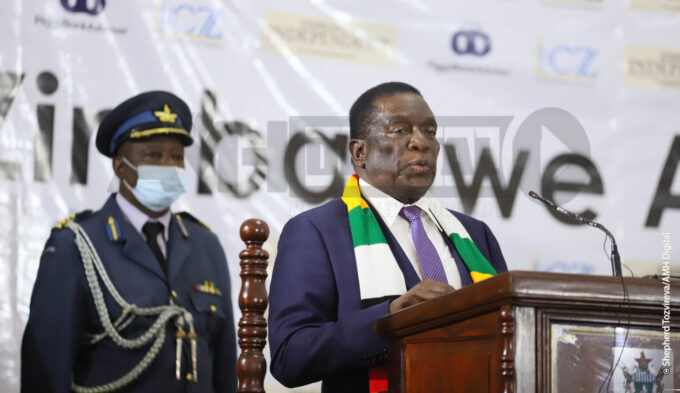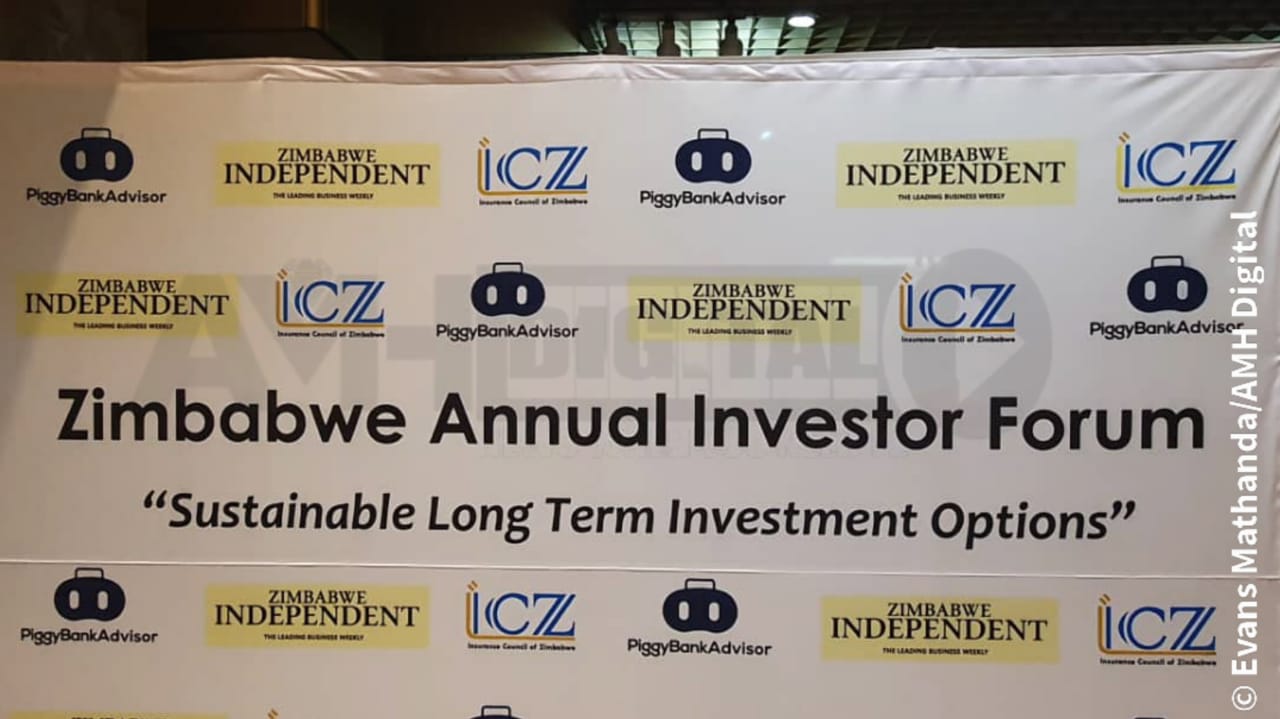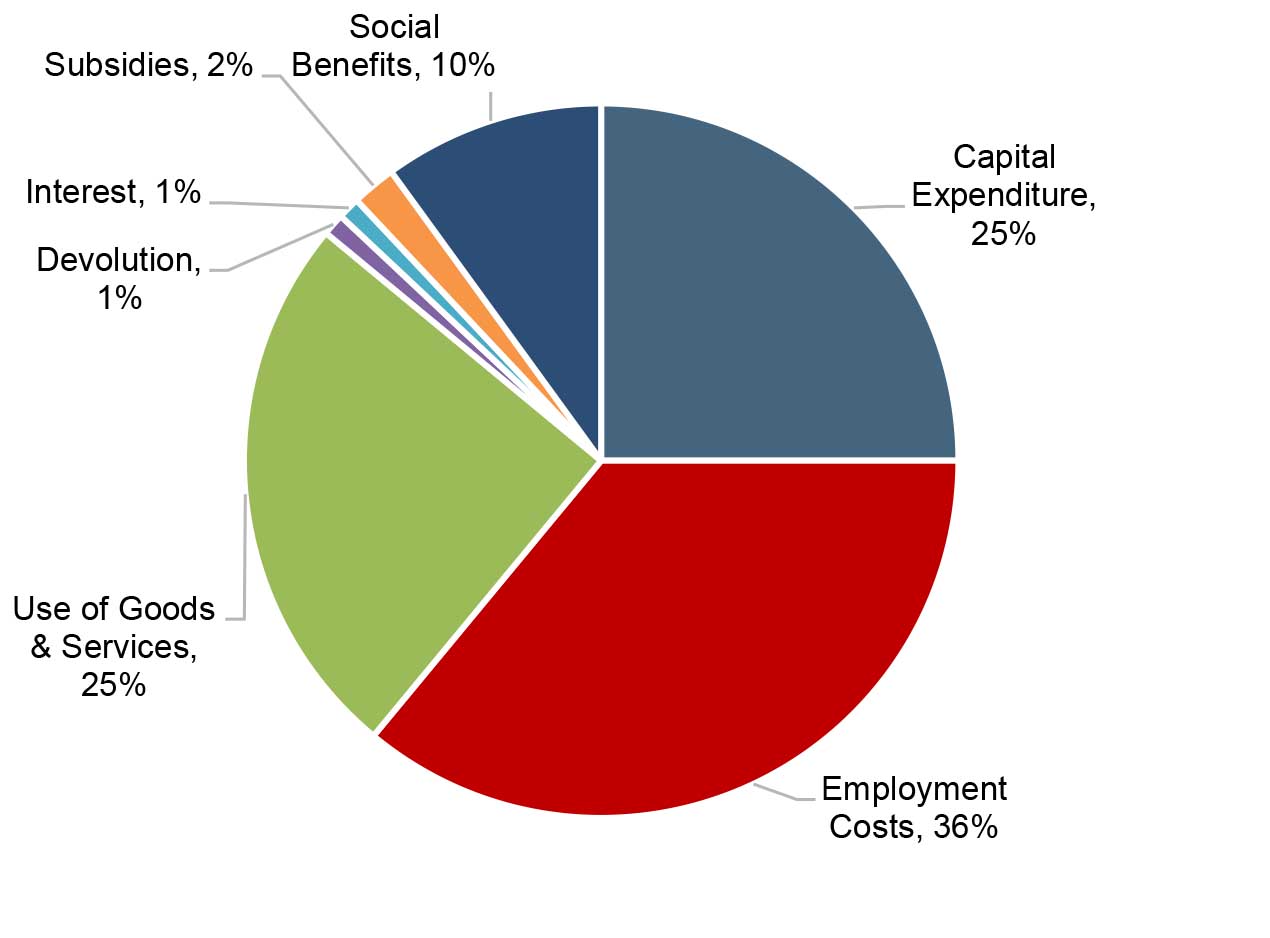
JULIA NDLELA/ LORAINNE MUROMO THERE are growing calls for mobile telecommunication companies and banks to implement interoperability to enhance efficiency in the financial services sector as the country’s mobile penetration rate continues to rise.
Zimbabwe’s mobile penetration rate for the third quarter of 2021 increased by 2,2% to reach 93,5% from 91,3% recorded in the previous quarter.
The latest calls on interoperability come on the back of a growing need for financial inclusion where consumers are able to access money through modern means.
Government gazetted Statutory Instrument 80 of 2020 (Banking Money Transmission, Mobile Banking and Mobile Money Interoperability) Regulations in the midst of Covid-19 induced uncertainty.
The statutory instrument was gazetted to address contentious interoperability issues.
Banking has been interoperable for ages and mobile money has largely operated in silos.
“Interoperability is important, because that way we protect the consumer by allowing transactions from one platform to another.
The consumer should not be worried about politics of competition but should be serviced adequately by way of having easy access to services,”Information Communication Technology, Postal and Courier Services deputy minister Dingumuzi Phuti said.
- Chamisa under fire over US$120K donation
- Mavhunga puts DeMbare into Chibuku quarterfinals
- Pension funds bet on Cabora Bassa oilfields
- Councils defy govt fire tender directive
Keep Reading
“So there was a call for mobile money platforms to embrace interoperability where one can transact from NetOne’s OneMoney to Econet’s Ecocash and Telecel’s Telecash and vice versa.”
He noted that there are important pieces of legislation that are beginning to make sense to the consumer, while embracing modern tendencies in transacting, adding that financial inclusion is a key component in ensuring efficient services to the consumers.
“Among the key things we found out was the issue of financial inclusion.
We believe everyone should find space to access money, one way or the other through modern means, and also means that are interesting like the use of mobile money platforms,” Phuti said.
Ecocash holdings acting chief commercial officer Gilbert Tsongorera noted that Econet, which is the country’s biggest mobile network company, is also embracing modern technology.
Mobile money interoperability is a huge debate across the African payments market today, with those in dominant market positions generally resisting it for obvious strategic reasons.
The situation is rather different in markets like Nigeria and Kenya where banks on the one hand work more harmoniously with mobile networks and fintechs on the other.
The Confederation of Zimbabwe Retailers (CZR) president Danford Mutashu said skyrocketing prices have unsettled the consumer who in turn has also lost confidence in the market.
“The current price increases reflect underlying business challenges, low confidence on the local currency and rampant speculation,” Mutashu said.
“Unless there is increased positive intervention by government and business, there is no respect for the ordinary consumer as the spike in prices of basic and non-essential goods continue to rise.”
Since 2008 consumers have been experiencing inconsistent prices on goods and services.











